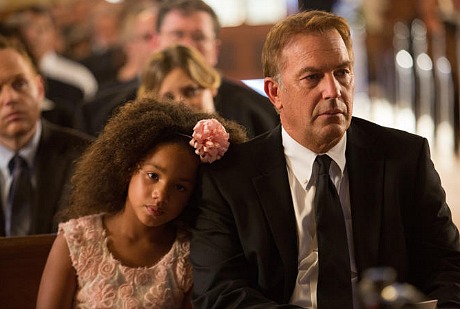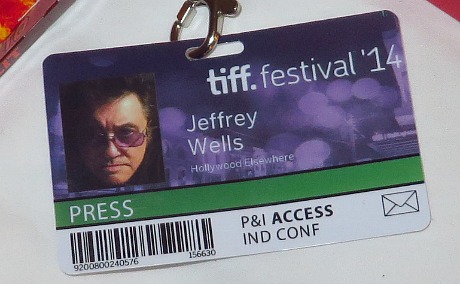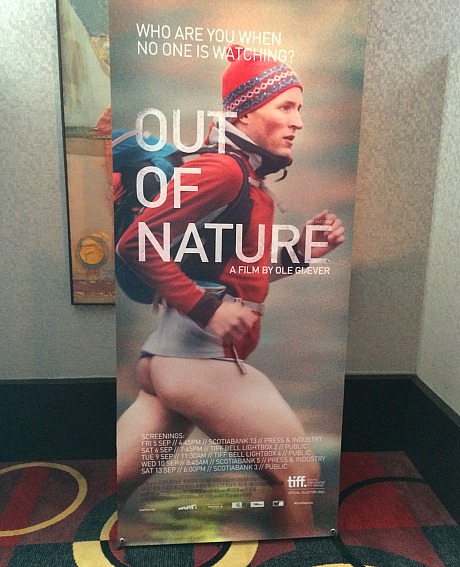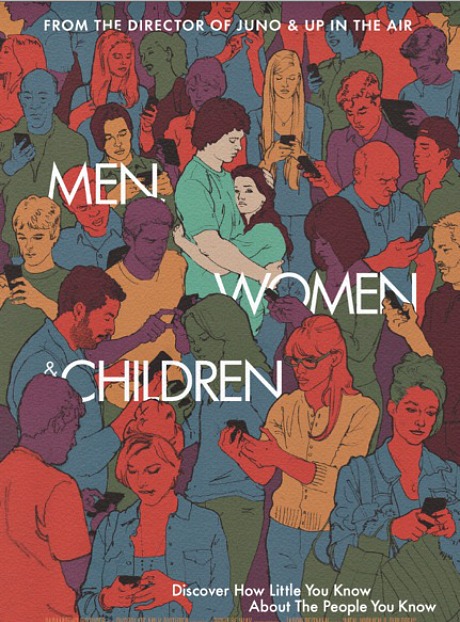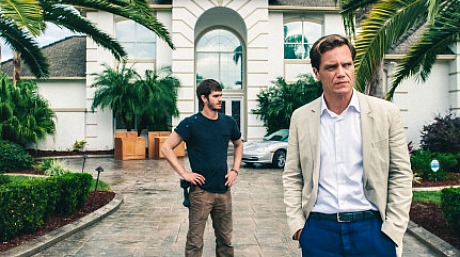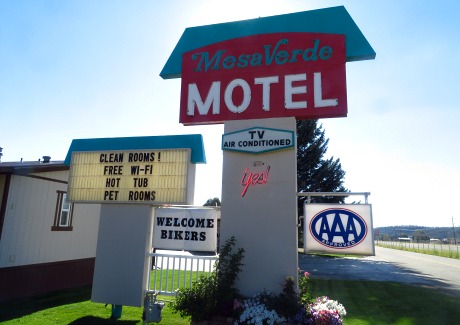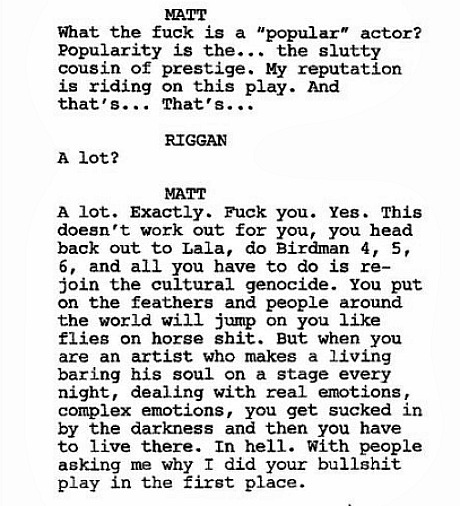Two weeks ago I sat down with Black and White director-writer Mike Binder at his West Los Angeles office and talked about a lot of things. The film, the chasm between black and white culture, his new novel-writing career, his recent decision to move away from dramadies and into more plot-driven material with a little “bounce,” Richard Linklater‘s Boyhood, the relentless glossiness of BET, alcoholism, watching screeners vs. seeing films with a paying audience, etc. It’s an open, relaxed, no-bullshit discussion — one of the most engaging I’ve ever posted on this site.
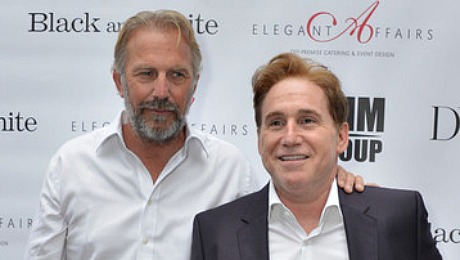
I think we all understand by now that Black and White is about a child-custody battle over a young African-American girl (Jillian Estell), and that the heart of the conflict is an argument jointly waged by her somewhat unstable, drug-dabbling father (Andre Holland) and her paternal grandmother (Octavia Spencer) that she needs to be raised by her own people. On the other hand her white attorney grandfather (Kevin Costner), who’s been raising her for years with his recently deceased wife (Jennifer Ehle) following the death of the girl’s mom, is determined to keep her in a more stable (i.e., drug-free) environment, which is ironic given that grandma’s death has turned grandpa into a raging boozer.
What I learned during our talk is that Binder is drawing from a personal history with a mixed-culture upbringing. Back in the late ’80s Binder’s in-law Maria Murphy, the sister of his wife Diane Murphy, died from an accidental infusion of HIV during a medical procedure, and it was left to Binder and his wife to raise Maria’s half-African-American son, Sean, who was 7 at the time. But it wasn’t a 100% proposition as Sean spent a lot of time with his absent father’s family in South Central. Sean is doing well today and living in Tampa, Florida. Binder says, “I’ve been wanting to write this story for a long time. The custody battle and the father with the drug problem…it comes from a real place.”

